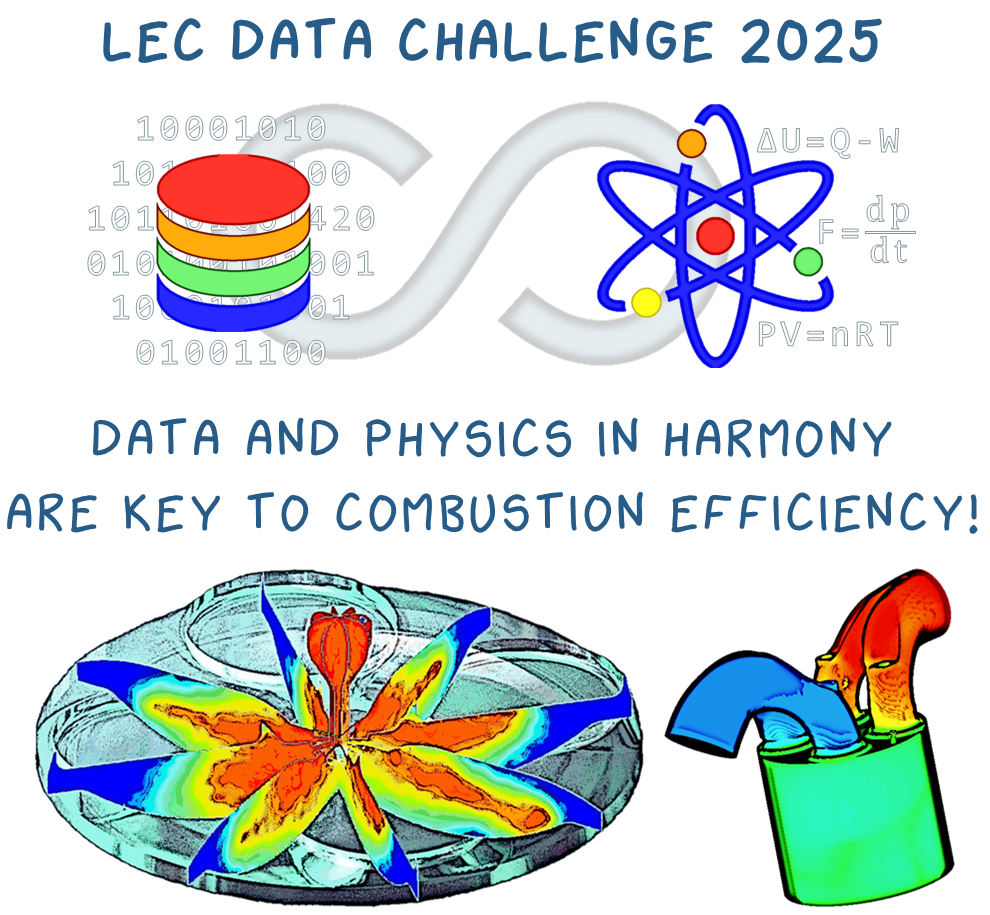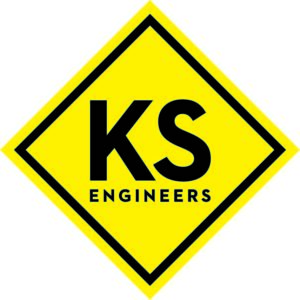LEC Data Challenge 2025
Large Engines – Big Data: "Data and physics in harmony are key to combustion efficiency"
Motivation
Large internal combustion engines (ICEs) are an essential component of power generation and transportation of goods and people today. Against the backdrop of multiple global challenges, it is imperative to continually enhance their technology. Given the potential of alternative, sustainable fuels such as hydrogen, ammonia, methanol, and other e-fuels for decarbonization and reduction of greenhouse gas emissions, control technology plays a pivotal role in this endeavor by facilitating adaptive responses to changing operating conditions and modes. To develop innovative control approaches for the entire engine system, it is essential to create accurate, robust, and sufficiently simple models of the combustion process. Artificial intelligence (AI) and machine learning (ML) methods in particular have been identified as powerful tools for deriving such models, especially when data is leveraged from elaborate thermodynamic simulations.
LEC Data Challenge
With the LEC Data Challenge 2025, we would like to encourage students and practitioners of various disciplines who are enthusiastic about data to develop a data-driven solution that accurately predicts key engine performance parameters for a wide range of engine control parameter settings. The challenge is not only to use engine control parameters as model inputs, but also to incorporate additional information from the combustion process. A training dataset consisting of control, combustion process, and engine performance parameters is provided. A test dataset only contains control parameters of new/unseen operating points, and the goal is to predict the engine performance parameters. To obtain physically meaningful results, the combustion parameters must be explicitly included during model development.
You are free to use any software and programming language to solve the LEC Data Challenge. To this end, the datasets for training and testing are provided in the versatile CSV format. After you have completed the LEC Data Challenge, the quality of your solution on the test set will be evaluated. You will receive a detailed description of the error/loss measures applied once the LEC Data Challenge has started. The top five teams will be invited to present their approaches to an expert jury during a final (online) event on September 3, 2025.
The LEC Data Challenge 2025 starts on May 15 (data release on May 26) and ends on August 13, 2025 (submission deadline). You have the option of making one voluntary interim submission (by July 21, 2025) to receive feedback on your test score. Registration and participation are possible throughout the entire period. Upon successful registration, data and the detailed task description will be provided for download. If you have any questions, please contact us at data.challenge@lec.tugraz.at.
Rewards
The three best solutions (results and presentation) selected by an expert jury will receive attractive prize money:
1st place: EUR 4,000
2nd place: EUR 2,000
3rd place: EUR 1,000
We wish you all the best in number crunching!
Registration
© LEC GmbH
Timetable
| Registration and participation | May 15–August 13, 2025 |
| Data available as of | May 26, 2025 |
| Voluntary interim submission until | July 21, 2025 |
| Deadline for submitting results | August 13, 2025 |
| Notification of the top five participants | August 20, 2025 |
| Presentation and award ceremony | September 3, 2025 |
Sponsors
See also previous LEC Data Challenges





